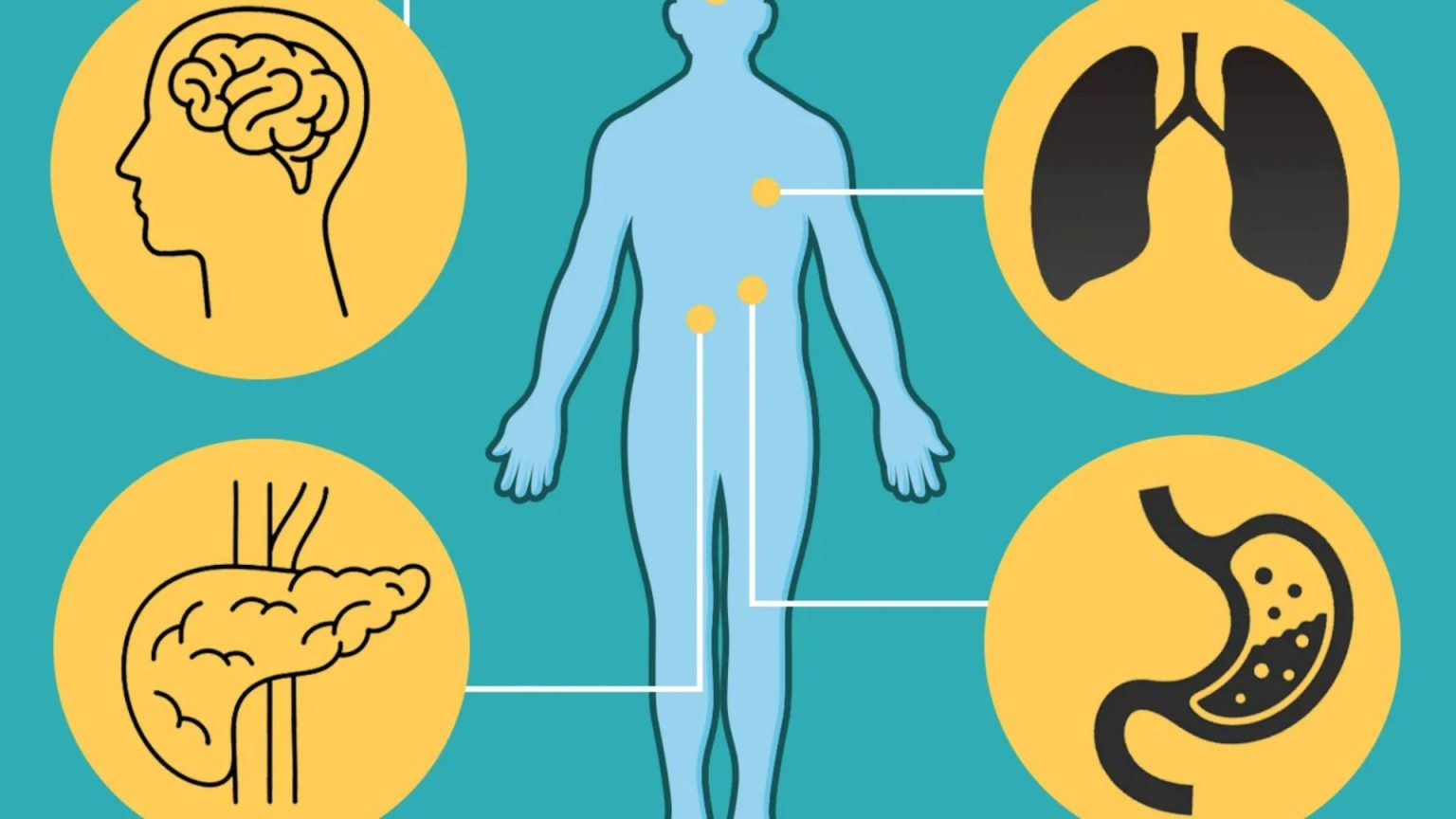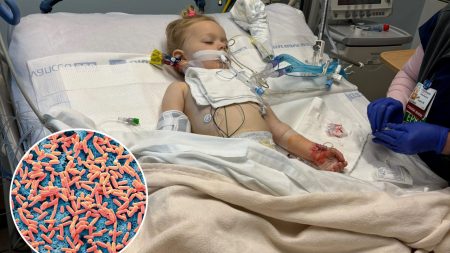The six least survivable cancers—pancreatic, liver, brain, oesophageal, stomach, and lung—present a stark reality in the UK, with a significantly lower one-year survival rate compared to other cancer types. While the overall one-year survival rate for all cancers stands at 70%, only 42% of individuals diagnosed with one of these six cancers survive past the one-year mark. This translates to over 50,000 deaths annually out of the approximately 90,000 diagnosed with these cancers each year. This disparity highlights a critical need for increased attention and resources directed towards these deadly diseases. The Less Survivable Cancers Taskforce (LSCT) attributes the high mortality rate to late diagnosis. A mere 28% of these cancers are diagnosed at stages 1 or 2, drastically limiting treatment efficacy and survival chances compared to the 54% early diagnosis rate for all cancers combined. This late diagnosis stems from a combination of factors, including non-specific early symptoms, lack of awareness among the public and healthcare professionals, and insufficient research funding.
The LSCT, supported by various charities like Pancreatic Cancer UK, The Brain Tumour Charity, and Guts UK, emphasizes the urgent need for national action plans dedicated to these less survivable cancers. These plans should prioritize early diagnosis through increased awareness campaigns, improved diagnostic tools, and faster referral pathways. Furthermore, increased research funding is crucial for developing more effective treatments and improving patient outcomes. This call to action aims to shift the current narrative surrounding these cancers, offering patients a better fighting chance and ultimately improving one-year survival rates. The taskforce advocates for setting specific targets and streamlining treatment pathways to ensure timely and appropriate care for all patients.
Each of the six cancers presents its own set of challenges and symptoms. Pancreatic cancer, the deadliest of the six, often presents with vague symptoms like indigestion, back pain, and weight loss, making early diagnosis difficult. By the time more specific symptoms like jaundice appear, the cancer is often advanced and inoperable. Liver cancer, frequently linked to liver damage from hepatitis, alcohol, and obesity, can manifest as loss of appetite, abdominal pain, and jaundice. Brain tumors can cause headaches, nausea, vision problems, and seizures. Oesophageal cancer, characterized by difficulty swallowing, persistent heartburn, and weight loss, is especially prevalent in the UK. Stomach cancer might present with indigestion, upper abdominal pain, and unexpected weight loss. Lastly, lung cancer, often associated with smoking, can cause a persistent cough, shortness of breath, and recurring chest infections. Recognizing these symptoms and seeking prompt medical attention is paramount for early diagnosis and improved survival.
Early detection plays a crucial role in cancer survival, and national screening programs are essential tools for identifying cancers at early, treatable stages. The NHS offers three key screening programs: cervical, breast, and bowel. Cervical screening, offered to individuals aged 25-64, checks for high-risk Human Papillomavirus (HPV), the primary cause of cervical cancer. Breast screening, primarily for women aged 50-71, uses mammograms to detect even small breast cancers. Bowel screening, available to everyone aged 54-74 and gradually expanding to those over 50, involves an at-home test to detect traces of blood in stool, a potential indicator of bowel cancer. It is vital for eligible individuals to participate in these screenings to maximize their chances of early detection and successful treatment.
The stark statistics surrounding these six cancers underscore the urgent need for a comprehensive and coordinated effort to improve outcomes. Increased public awareness, better diagnostic tools, faster referral pathways, and more research funding are all critical components of a successful strategy. Addressing the disparities in survival rates requires a multifaceted approach involving healthcare professionals, researchers, policymakers, and the public. By working together, we can strive towards a future where these cancers are detected earlier, treated more effectively, and ultimately, claim fewer lives.
Furthermore, advocating for increased research funding for these less survivable cancers is essential. Disparities in research funding contribute to the limited treatment options and poorer outcomes observed in these cancers. Dedicated research efforts can lead to advancements in early detection methods, more effective therapies, and improved understanding of the underlying causes and progression of these diseases. By prioritizing research, we can equip healthcare professionals with the tools and knowledge needed to provide better care and ultimately improve patient survival. The call to action is clear: we must collectively address the challenges posed by these less survivable cancers through increased awareness, improved diagnostics, research investment, and streamlined treatment pathways to give patients the best possible chance at survival.











